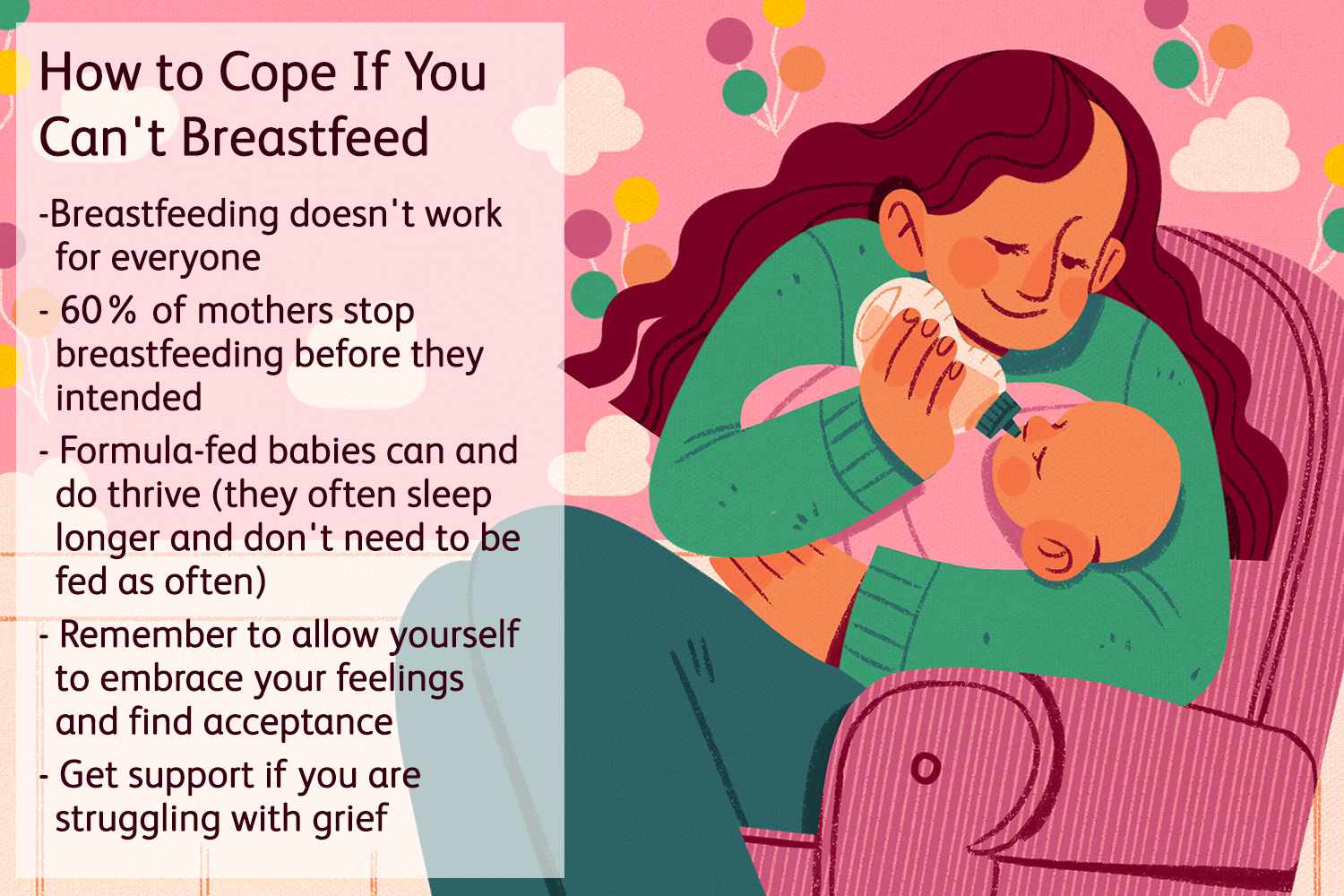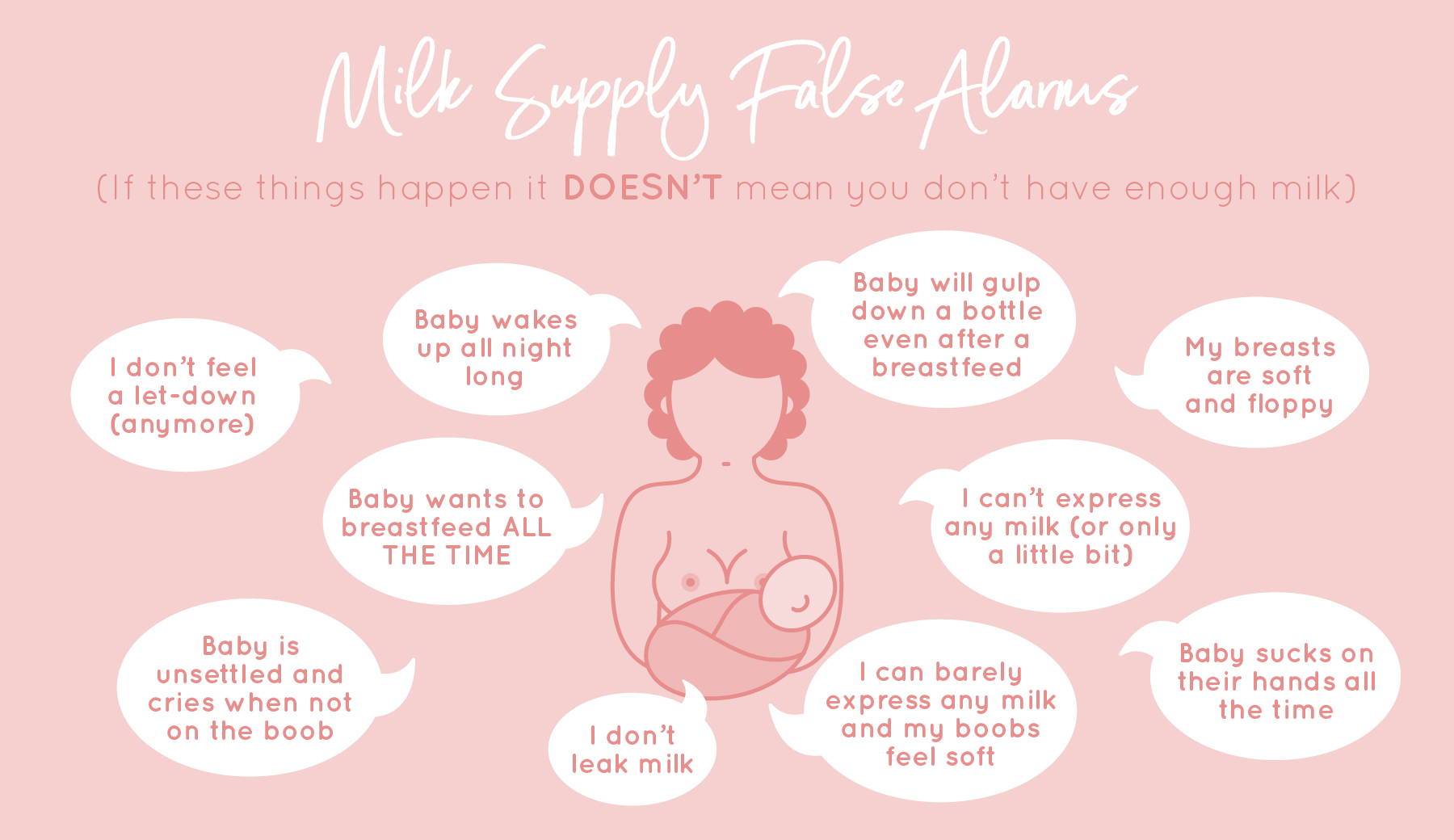Consequences And Alternatives: What Happens If You Don't Breastfeed
Introduction
The decision to breastfeed may seem straight forward for many, but for some it's a journey fraught with challenges and dilemmas. Is breastfeeding the only healthy option for your infant? What happens if you don't breastfeed? It's critical to understand the consequences for both mother and baby, and to explore the alternatives that can ensure the healthy growth and development of your little one.
Why Is Breastfeeding So Important?
Breastfeeding plays a pivotal role in a child's growth and development stage due to the multiple advantages it offers. These benefits don't only extend to the baby, but also positively affect the mother. Here are some reasons why breastfeeding is highly recommended:
- Optimal Nutrition: Breast milk contains the ideal mix of nutrients necessary for your baby’s growth.
- Boosts Immunity: Valuable antibodies present in breast milk strengthen your baby’s immune system, helping them fight off viruses and bacteria.
- Promotes Mother-Baby Bonding: Breastfeeding fosters a unique emotional connection, beneficial for the mental health of both mother and child.
- Enhances Cognitive Development: Babies who are breastfed often demonstrate better cognitive performance in later stages of life.
- Advantages for the Mother: Breastfeeding helps the mother's body recover from childbirth faster, reduces the risk of certain cancers, and can even serve as a natural form of contraception.
These reasons underscore the importance of breastfeeding in fostering a healthy and beneficial environment for the growth and development of your child.
How Does Your Body React When Not Breastfeeding?
When a mother chooses not to breastfeed, her body can display multiple physical responses and potential emotional implications. Here are the key aspects discussed:
- Engorgement: Post-childbirth, a woman's body produces milk in response to hormonal changes. If the mother abstains from breastfeeding, her breasts can become painfully overfull, a condition known as engorgement.
- Increased Risk of Mastitis: Neglecting to breastfeed could result in a higher likelihood of developing mastitis. This entails an often painful infection in the breast tissue, which can lead to flu-like symptoms and requires immediate medical attention.
- Emotional Repercussions: It's not unusual for mothers who don't breastfeed to experience emotional consequences. Some mothers may wrestle with feelings of regret or guilt due to societal pressures or personal expectations.
- Delayed Return to Pre-pregnancy State: The process of breastfeeding burns additional calories and helps the body return to its pre-pregnancy state more quickly. Non-breastfeeding mothers may have a lengthier recovery period.
However, every woman's body reacts differently, and these conditions do not universally apply to all mothers who don't breastfeed. It is always advisable to consult with healthcare professionals to understand more about the possible physical and emotional implications related to the decision of whether or not to breastfeed.
What Are the Health Consequences for Babies not Breastfed?
The choice of not breastfeeding can impact your baby's health in several significant ways. Here's a look at some critical areas:
1. Immunity Levels: One of the notable side-effects of not breastfeeding is a possible reduction in the baby's immunity levels. Breast milk is packed with beneficial antibodies that help arm infants against various infections and diseases. Those not breastfed may be more prone to health issues.
2. Increased Health Risks: These babies may witness higher rates of certain conditions later in life, such as obesity and diabetes. Various studies suggest a higher prevalence of these health issues among those who weren't breastfed.
3. Risk of SIDS: Staggeringly, not being breastfed can compound the chances of sudden infant death syndrome (SIDS). This condition causes unexplained death, usually during sleep, in seemingly healthy infants.
4. Cognitive Development: Breastfeeding has been linked to improved cognitive development in children. Conversely, those not breastfed may score comparatively lower on cognitive tests.
To surmise, while breastfeeding is a personal decision, it is vital to consider these possible health impacts in the light of not breastfeeding before deciding on the feeding method for your baby.
What Are the Impacts on the Mother's Health if She Doesn’t Breastfeed?
When a mother decides not to breastfeed, this choice carries potential repercussions for her own well-being. It's crucial to comprehend these potential health implications:
- Increased Risks of Cancer: Studies indicate that women who don't breastfeed exhibit an elevated risk of developing certain types of cancer, chiefly ovarian and breast cancer.
- Delayed Uterine Recovery: When a woman breastfeeds, it stimulates the release of oxytocin, helping the uterus return to its pre-pregnancy size more quickly. When a woman chooses not to breastfeed, this process may be delayed.
- Heightened Postpartum Depression: Research suggests that women who breastfeed may have a reduced risk of postpartum depression. Opting out of breastfeeding can result in a slightly heightened chance of experiencing mood disorders.
- Possible Impact on Weight Loss: In the absence of breastfeeding, shedding pregnancy weight can be more challenging as lactation can burn up to an extra 500 calories per day.
These realities emphasize the importance of making informed decisions. Every woman's situation is unique; hence, ultimately, the choice is deeply personal and should consider her circumstances, health conditions, and comfort levels.
What are the Other Feeding Options: Formula and Beyond?
If breastfeeding gets challenging or isn't a viable option, mothers needn't worry as there are reliable alternatives available that still provide babies with essential nutrients. Let's delve into some of these alternatives:
- Formula Milk: A widely considered option, formula milk attempts to mimic the natural composition of breast milk. It's fortified with necessary vitamins and nutrients that ensure the healthy growth of babies. Depending on your baby's needs and allergies, various types of formula milk are available:
- Cow’s milk-based formulas
- Soy-based formulas
- Hypoallergenic formulas, ideal for babies with allergies
- Donor Breast Milk: If breast milk is still the preferred choice, but the mother is unable to produce enough, donor breast milk is a promising alternative to consider. Donor milk banks screen, pasteurize and store human milk following strict quality guidelines.
- Combination Feeding: For mothers who want to offer flexibility and maintain partial breastfeeding, combination feeding can be an ideal choice. This method involves feeding babies with both, breast milk and formula. This can help when mothers need to be away for work, or when they find it hard to produce enough milk.
Each of these feeding options come with their own set of considerations:
- Formula milk may lack the antibodies found in breast milk, making it slightly inferior in boosting baby's immunity. It's also more expensive and requires careful preparation.
- Donor breast milk can be scarce,because not all areas have milk banks. Also,even though it goes through strict screening, the remote risk of disease transmission cannot be completely eradicated.
- Combination feeding can lead to 'nipple confusion' for the baby as feeding bottles require a different sucking mechanism than breastfeeding.
However, regardless of the choice of feeding, it's essential to remember that each baby is unique, and what works best for them should be the ultimate deciding factor in choosing a feeding option.
These alternatives ensure that even if breastfeeding is not possible, your baby can continue to grow and develop healthily.

Conclusion
In conclusion, while breastfeeding offers numerous health benefits to both mother and baby, failure to do so can have various consequences. However, it’s essential to remember that breastfeeding isn’t the only option and several alternatives can ensure your baby’s healthy growth.

Related FAQs about what happens if you don't breastfeed
Can a baby be healthy without breastfeeding?
Absolutely. While breastfeeding is highly beneficial for a baby's health, it's not the only way to ensure a healthy baby. Formula-fed babies receive necessary nutrients for their growth and development. It's important to ensure your baby gets proper nourishment, regardless of the feeding style.
What are some common societal perspectives on not breastfeeding?
Societal perspectives on not breastfeeding vary. While some societies are supportive, others stigmatize mothers who choose not to breastfeed. Many societies have begun to accept that breastfeeding might not always be viable for every mother, for several reasons, and encourage alternatives.
Is it difficult to transition from breastfeeding to formula?
Transitioning from breastfeeding to formula can be a challenge initially, for both mother and baby. Patience, persistence, and a gradual shift can make the transition easier. It's recommended to seek advice from a pediatrician during this transition to ensure baby's health and comfort.


